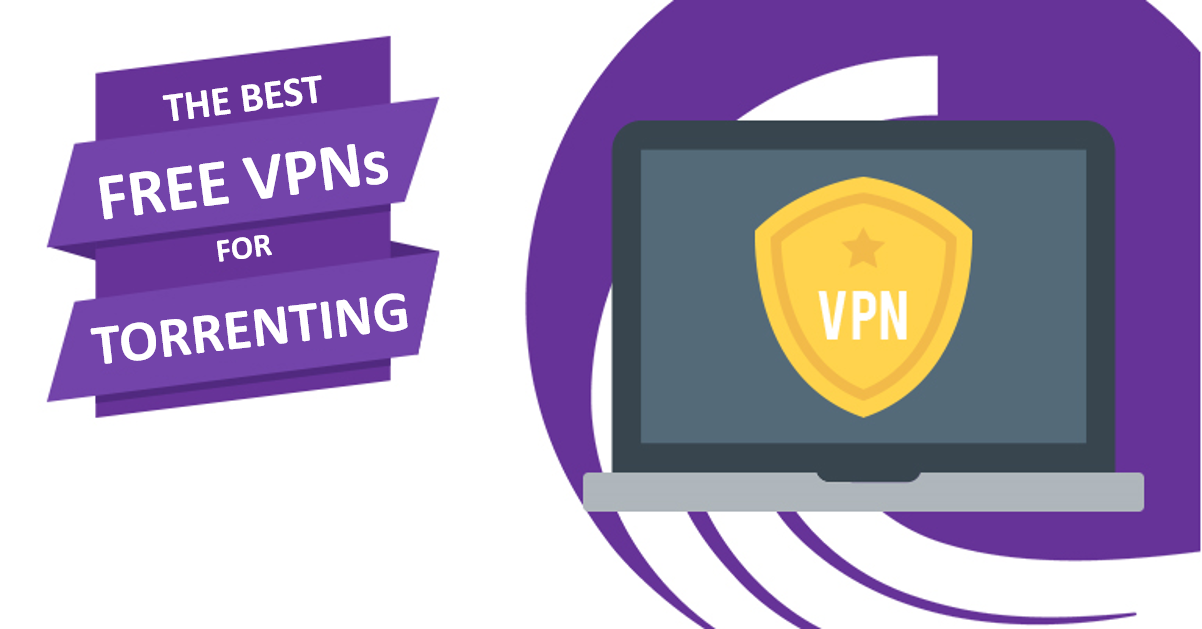Keep Secure and Safe Online with Atlas VPN – A Complete Review
A VPN safeguards you from your ISP. Usually, your ISP can know a excellent offer about what you do on the internet. If you check out internet websites that are not safeguarded by HTTPS, then it can see almost everything you do on that web site, such as every website page you stop by on the site and anything at all you enter into online sorts (for illustration, payment information). Fortunately, most web sites these times are protected by HTTPS.
This prevents your ISP from viewing what you do on a website, but it can nonetheless see which sites you pay a visit to. This gives it with a great deal of personal data about you, even if it won’t know what just you do on a internet site. After all, it is reasonably uncomplicated to get the job done out your political affiliation if you routinely take a look at recommended you read gop. com, your sexual orientation if you stop by Grindr, or your clinical situation if you visit an abortion clinic’s site. And in the United States, ISPs fought tough to gain the proper to market your browsing data for promoting needs. A VPN safeguards you from government surveillance. By much the most straightforward way for governments to spy on their citizens is to demand ISPs to log their customers’ online activity. In the EU, the 2006 Information Retention Directive (DDR) was declared invalid by the Court of Justice of the European Union in 2014 on human rights grounds, but by that time, most EU nations around the world experienced transposed it into local regulation. Not just one of these nations around the world has given that repealed area implementation of the DDR, so most nations around the world in the EU can lawfully demand from customers that ISPs log their customers’ browsing histories. The United kingdom has gone even further than this with the significantly-reaching Investigatory Powers Act 2016 (aka the “Snoopers Constitution”, which will allow it to call for ISPs to retail store customers’ browsing histories for twelve months. The Uk authorities is operating challenging to notice this ambition. In India, the Section of Telecommunications has had just about unrestricted accessibility to world wide web website traffic specifically from ISPs. The United States has no necessary data retention legal guidelines, but Edward Snowden’s NSA disclosures manufactured it clear that the use of nationwide security letters (NSLs) accompanied by gag orders requiring ISPs to cooperate in authorities mass surveillance systems is quite widely practiced. A VPN stops your ISP from currently being able to log what you do on line, and is thus remarkably powerful at stopping untargeted govt surveillance of your on-line exercise. Just be knowledgeable that it would not end authorities surveillance that is targeted specially at you (for illustration, the type of surveillance carried out by the NSA’s Personal computer Network Functions device). A VPN shields you from censorship. Repressive governments all-around the globe test to limit their citizens’ accessibility to the cost-free and open up online.
With a VPN, you can effortlessly bypass these constraints by merely connecting to a VPN server found someplace that will not censor the online. Of class, governments are knowledgeable of this, so some of them also attempt to block access to VPN providers. A lot of VPN providers get the job done to counter these blocks applying obfuscation systems this sort of as Proton VPN’s WireGuard TCP and Stealth protocols. These technologies can be hugely effective at conquering VPN censorship blocks, but doing this is often a video game of cat-and-mouse. Although federal government censorship is the most high-profile (and worrying) kind of censorship that a VPN can overcome, they can also be practical for unblocking internet constraints at work or higher education.
- Can a VPN hinder DDoS attacks?
- Do VPNs deal with speech assistants like Alexa?
- Can a VPN provide protection to my email message conversation?
- Can a VPN hide my internet based buying?
- Can i select the right VPN expert services?
Can One go with a VPN for secure and safe interaction with writers?
Just what is VPN file encryption?

